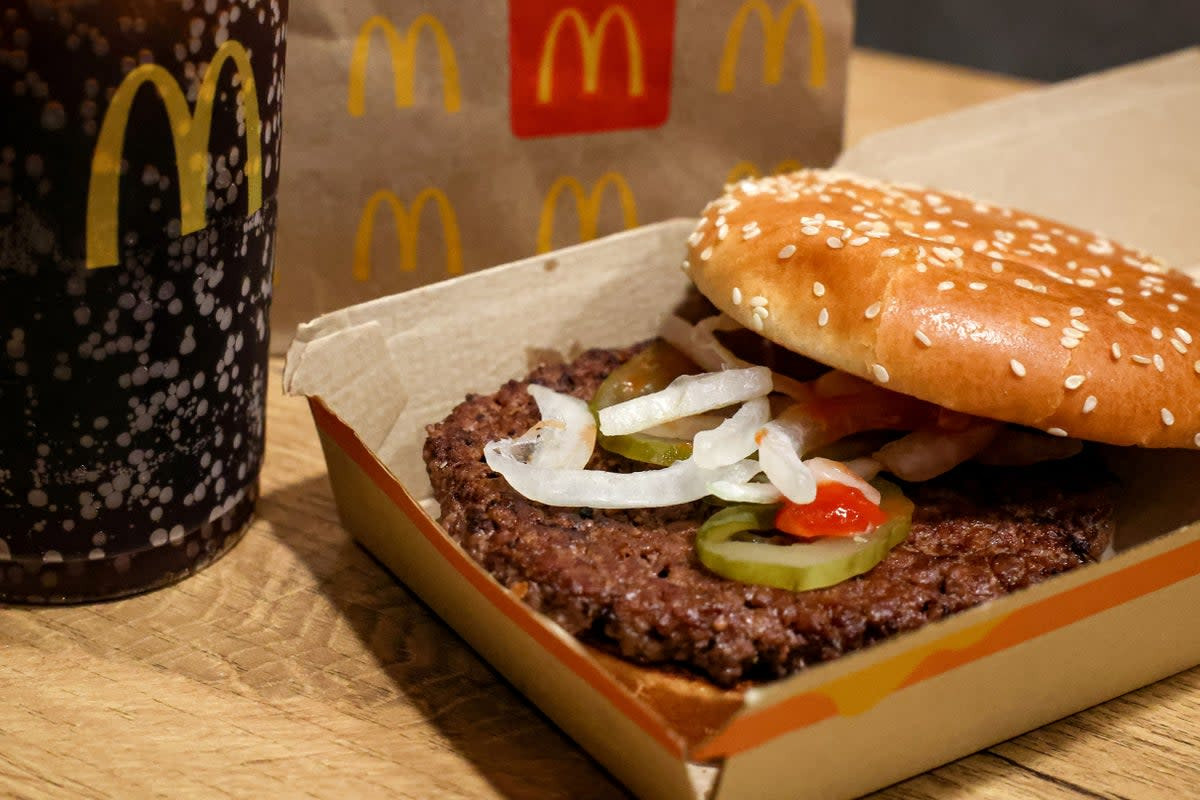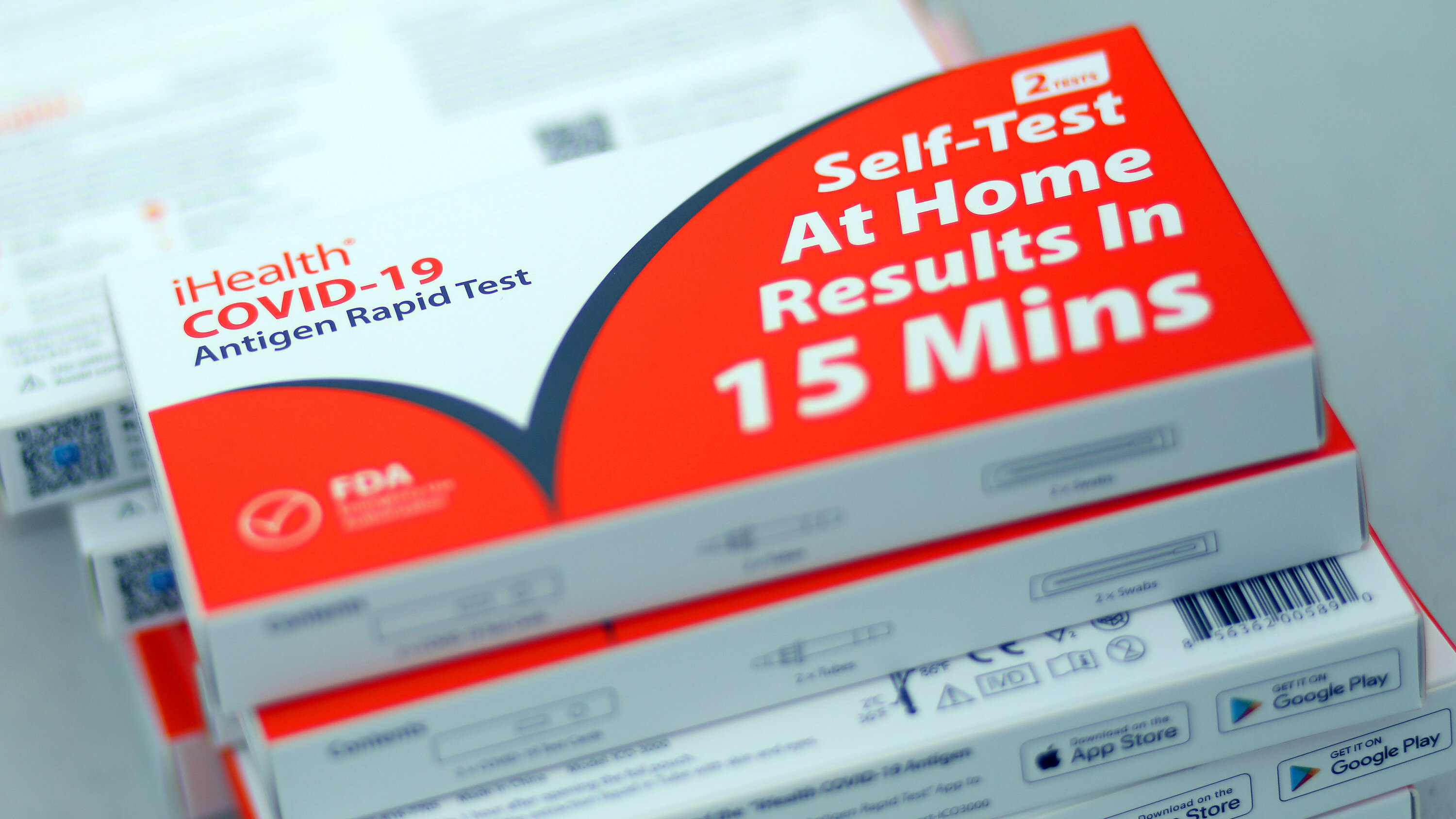Urgent Recall: E. coli Outbreak Linked to Popular Carrot Brands – 1 Death, Dozens Ill
The Food and Drug Administration (FDA) has issued an urgent recall for multiple brands of organic whole and baby carrots following a deadly E. coli outbreak. The outbreak, linked to contaminated carrots supplied by Grimmway Farms, has resulted in 39 illnesses, 15 hospitalizations, and tragically, one death. This situation highlights critical concerns about food safety and underscores the need for consumers to be vigilant.
The E. coli Outbreak: A Multi-State Crisis
The Centers for Disease Control and Prevention (CDC) reported that cases of E. coli O121 infections emerged between September 6th and October 28th, spreading across 18 states. Washington, Minnesota, and New York reported the highest number of cases. However, the CDC warns the actual number of infected individuals is likely significantly higher, as many people recover without seeking medical attention or undergoing testing. The map illustrating the outbreak's reach shows cases concentrated in various regions, but the CDC clarifies that this may not reflect the total extent.
Tracing the Source
Through thorough investigations, the FDA and CDC identified Grimmway Farms in Bakersfield, California, as the common supplier of the contaminated organic whole and baby carrots. Grimmway Farms, a leading global carrot producer, voluntarily recalled multiple sizes and brands of its organic carrot products on November 16th. This swift action, while crucial, underscores the significant challenge in tracking contamination sources within large-scale food production chains. The recall immediately followed the firm’s identification as the origin of contamination.
Recalled Carrot Products: What to Look For
The recall encompasses both baby and whole organic carrots distributed across numerous major retailers nationwide. Specific products include various brands and sizes of bagged organic carrots. The recalled baby carrots have best-if-used-by dates ranging from September 11th to November 12th, 2024. The whole organic carrots, lacking a best-if-used-by date on the packaging, were available in stores from August 14th to October 23rd, 2024. A comprehensive list of affected brands, including 365 (Whole Foods), Bunny Luv, Cal-Organic, Compliments, Full Circle, Good & Gather (Target), GreenWise (Publix), Grimmway Farms, Marketside (Walmart), Nature's Promise, O Organics, President's Choice, Raley's, Simple Truth (Kroger), Sprouts, Trader Joe's, Wegmans, and Wholesome Pantry, has been released by the FDA. While these products are likely no longer on store shelves, they may remain in consumers' refrigerators or freezers. This necessitates a diligent check of home supplies.
Understanding the Risks of E. coli Infection
E. coli infections can range from mild to severe. Common symptoms include severe stomach cramps, diarrhea (which can be bloody), fever, nausea, and vomiting. Symptoms typically appear within 1 to 10 days after consuming contaminated food. While most individuals recover within 5-7 days, serious complications such as hemolytic uremic syndrome (HUS) can arise. HUS can lead to kidney failure, life-long health issues, and in rare cases, death. The high number of hospitalizations and the unfortunate fatality highlight the serious risk associated with E. coli infection.
The Rise in Food Recalls: A Growing Concern
The current carrot recall isn't an isolated incident. Food safety expert Darin Detwiler, an associate teaching professor at Northeastern University, points to a concerning upward trend in food recalls, with a 20% increase between 2020 and 2023. This increase encompasses various products, from deli meats to frozen waffles. Detwiler attributes the rise to a combination of factors: changes within the Food and Drug Administration, the impact of the Covid-19 pandemic on manufacturing practices, the pressures of election cycles on government agencies, and economic pressures leading to cost-cutting measures by some companies. He emphasizes that, while improved technology enables faster detection and a positive trend in food safety, multiple interconnected factors contribute to the escalating number of recalls, suggesting vulnerabilities within the food regulatory system that warrant attention.
Protecting Yourself: Consumer Precautions
Detwiler advises consumers to take proactive steps to minimize their risk of exposure. These include regularly checking the FDA and USDA recall lists, signing up for recall alerts, adhering to proper food storage, cooking, and cleaning guidelines, avoiding manufacturers with a history of recalls, and choosing reputable grocery stores. The importance of awareness and active measures in protecting oneself cannot be overstated. These proactive measures, combined with quick action during a recall, can mitigate risks significantly.
The Road Ahead: Improving Food Safety
The FDA is actively investigating the source of contamination in the recalled carrots. They urge consumers to immediately discard or return any affected products. For those who believe they may be sick after consuming the recalled carrots, contacting their doctor promptly is crucial. The FDA is working to identify the source of contamination and improve food safety measures to prevent future outbreaks. Continued collaboration between regulatory bodies, producers, and consumers is essential to maintain public trust and ensure food safety. The ongoing investigation will hopefully shed further light on the specific causes of this tragic event and inform future food safety practices. The FDA and CDC are working to ensure the recall process is efficient and effective.
Looking Ahead: A Call for Enhanced Food Safety Measures
This E. coli outbreak serves as a stark reminder of the vital need for enhanced food safety protocols across the entire supply chain. While the rapid recall and public awareness campaigns are positive steps, long-term improvements are crucial. This includes stricter oversight, improved traceability, and increased resources for smaller producers. Ultimately, collaborative efforts involving government agencies, industry stakeholders, and consumers are paramount to preventing future incidents and restoring public confidence in food safety. A robust and adaptable food safety system is not merely desirable; it is absolutely essential for public health.


















